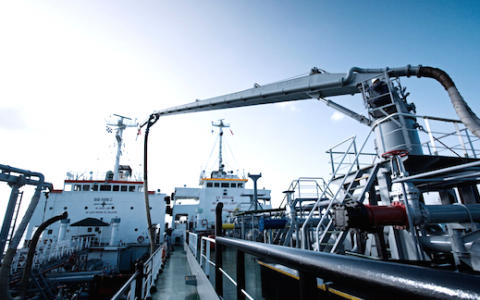Illicit secondary bunker market emerging as carriage ban approaches

Law firm Ince Gordon Dadds is warning of rogue bunker operations escalating as the days tick down to the International Maritime Organisation’s carriage ban rule, due to come into force in less than a fortnight.
Effective March 1, the second chapter of the global sulphur cap will open whereby it will become an offence for ships to carry fuel oils that contain sulphur content higher than 0.5%, unless the vessel has a scrubber or the fuel is carried as cargo.
“We have been advised by bunker traders in Singapore of some risky, and perhaps unethical practices that have arisen since the beginning of 2020,” Ince Gordon Dadds stated in note to clients.
The law firm warned some “rogue” bunker receivers and vessel operators are prepared to buy cheap high sulphur fuel now with a view to using it after March 1 on long voyages.
“There is … potential scope for fraud or even the creation of an illicit secondary market, where vessel operators could under-declare received bunker fuel oil cargo volumes with the aim of burning certain non-declared quantities of this fuel oil whilst transiting in the high seas hoping to go undetected. It is acknowledged that this practice may be inevitable as the approach to enforcement evolves and becomes more sophisticated,” Ince Gordon Dadds stated.
